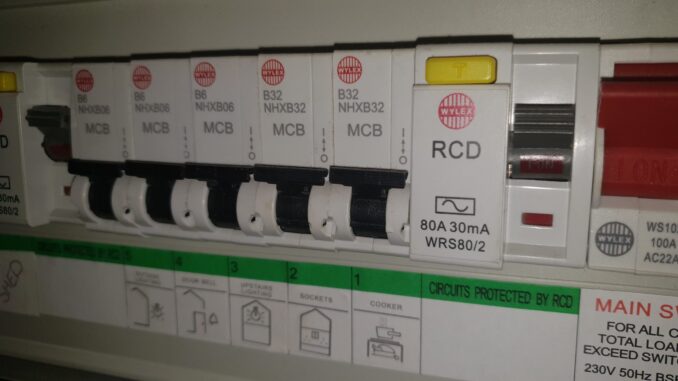
RCD safety sockets are a great solution to prevent electrocution. Using residual current, the gadget switches off the current in less than 40 nanoseconds, saving your life. The sockets are designed to be resettable and testable, making them an ideal solution for circuit defense. In addition to being easily replaceable, they can also be installed in-line to avoid external RCD coverage.
RCDs are suitable for circuit defense
RCD Testing and sockets are suitable for circuit protection. Their high-quality components are designed to withstand electrical shock and voltage, and they offer the highest level of protection against fire. The publication offers guidance for specifiers, installers, and end-users on the selection and installation of RCDs. It includes a section for non-specialists, which compliments the BS 7671 wiring regulations.
They provide protection against overload or short circuit
Residual Current Devices (RCD) are electrical safety devices that protect against overcurrent and short circuit. They are also called residual current detectors. While they can be useful in improving electrical safety, they cannot eliminate all risks associated with electric shock or fire. In fact, they cannot protect against all kinds of short circuits, such as those that are between two phases. Therefore, it is imperative to use overcurrent protection in these situations.
They can be installed in-line without external RCD coverage
A Residual Current Device, or RCD, is a small electronic device that detects and cuts off power within a split second when an earth leakage fault is detected. A 30mA RCD is the minimum level of protection for portable electrical appliances outdoors. New indoor sockets must be wired into an RCD-protected circuit to protect them from potential electrical shock. If an indoor socket does not have RCD coverage, a plug-in RCD must be used.
They are testable and resettable
One of the best-known safety devices, RCD safety sockets detect leakage of earth current from electrical appliances and fixtures through the body. They can mitigate the potential harm of an electric shock or fire. Although most of them are fixed in a socket, portable versions are available. They are 97% reliable and improve over time with regular testing. These sockets are highly recommended for households and businesses.
They can be fitted with flying leads instead of screw terminals
There are many advantages of using flying leads instead of screw terminals on RCD Safety Sockets. In a small form factor, they are easier to install, and they can be fitted with more outlets. In addition, flying leads can be fitted to outlets that have old wiring, such as knob and tube wiring, which does not have a grounding conductor.

Leave a Reply